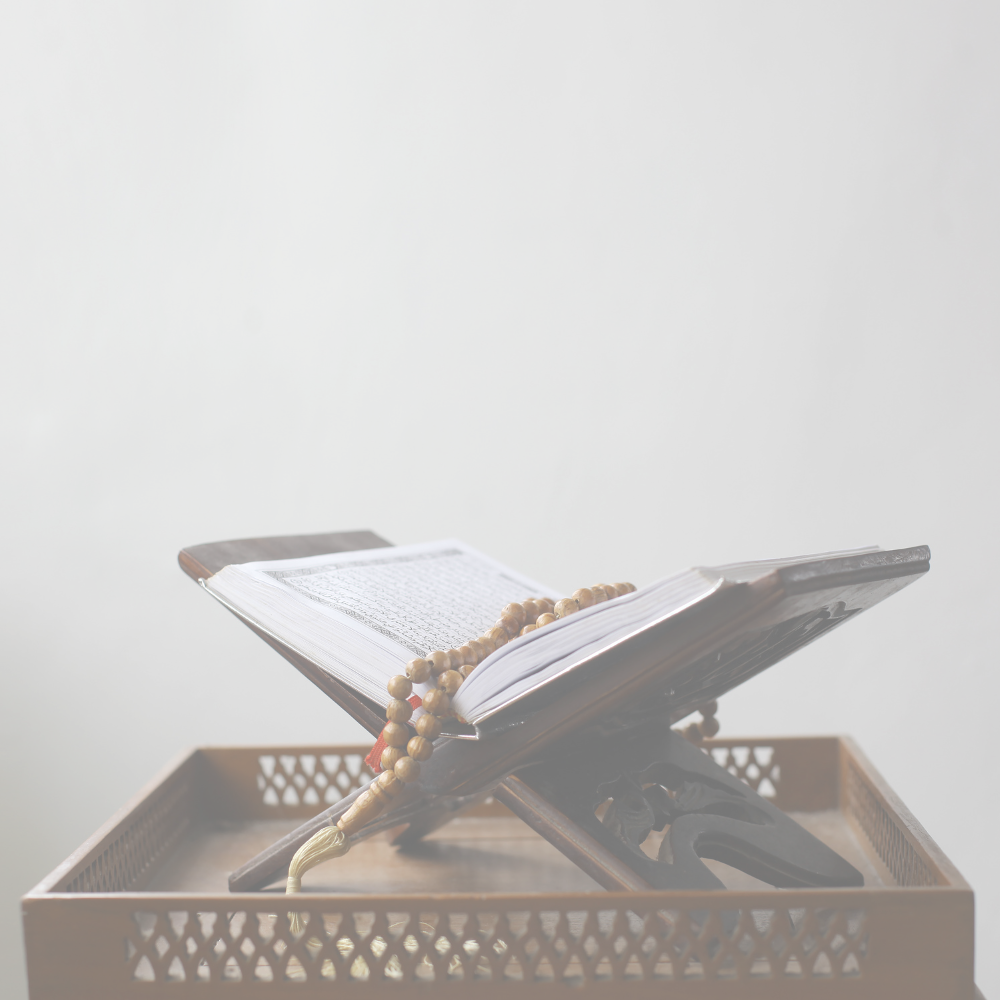Islam, one of the world’s major religions, holds a significant place for women in its teachings and practices. However, misconceptions and stereotypes have often overshadowed the true role and status of women in Islam. In this article, we will explore the empowering aspects, the concept of equality, and address the common misconceptions surrounding the role of women in Islam.
Empowerment through Education
Contrary to popular belief, Islam emphasizes the importance of education for both men and women. The Prophet Muhammad (peace be upon him) once said, “Seeking knowledge is obligatory on every Muslim.” This statement applies to both genders, highlighting the significance of education in Islam.
Throughout Islamic history, women have made significant contributions in various fields such as science, medicine, literature, and theology. Prominent female scholars like Aisha bint Abu Bakr and Fatima al-Fihri played pivotal roles in shaping Islamic education and scholarship.
Today, Muslim women continue to pursue education and excel in diverse fields, breaking stereotypes and contributing to their societies. They are doctors, engineers, lawyers, entrepreneurs, and artists, among many other professions.
Equality in the Eyes of Islam
Islam places a strong emphasis on gender equality. The Quran explicitly states, “Whoever does righteousness, whether male or female, while being a believer, We will surely cause them to live a good life” (Quran 16:97). This verse highlights that righteousness and faith are the criteria for a good life, irrespective of gender.
Islam grants women various rights and protections. Women have the right to own property, engage in business, and manage their finances. They have the freedom to choose their spouses and consent is a fundamental requirement for a valid marriage in Islam. Moreover, women have the right to seek divorce and receive financial support in case of separation.
Furthermore, Islam recognizes the importance of women’s voices and opinions. The Prophet Muhammad (peace be upon him) sought advice from and listened to the perspectives of women in matters of governance and decision-making.
Challenging Misconceptions
Despite the empowering teachings of Islam, several misconceptions persist regarding the role of women in this religion. One of the most common misconceptions is that Islam oppresses women by enforcing the hijab (headscarf). In reality, the hijab is a personal choice and an expression of modesty, dignity, and devotion to God. It serves as a symbol of empowerment, allowing women to be recognized for their intellect and character rather than their physical appearance.
Another misconception is that Muslim women are forced into marriage. Islam strictly prohibits forced marriages, emphasizing the importance of mutual consent and compatibility between spouses. The Quran states, “And do not compel your slave girls to prostitution if they desire chastity, to seek [thereby] the temporary interests of worldly life” (Quran 24:33). This verse highlights the importance of consent and respect for women’s autonomy.
Additionally, Islam does not condone domestic violence or any form of abuse. The Prophet Muhammad (peace be upon him) strongly condemned violence against women and emphasized the importance of treating them with kindness and respect.
Conclusion
The role of women in Islam is often misunderstood due to misconceptions and stereotypes. Islam promotes the empowerment and education of women, emphasizing their equal status and rights. Muslim women have made and continue to make significant contributions in various fields, challenging societal norms and stereotypes.
It is crucial to differentiate between cultural practices and the true teachings of Islam. By understanding the empowering aspects and the concept of equality in Islam, we can dispel misconceptions and foster a more accurate and inclusive perception of the role of women in this religion.





